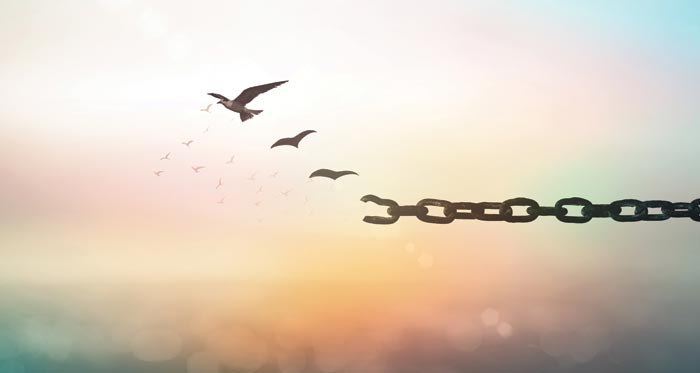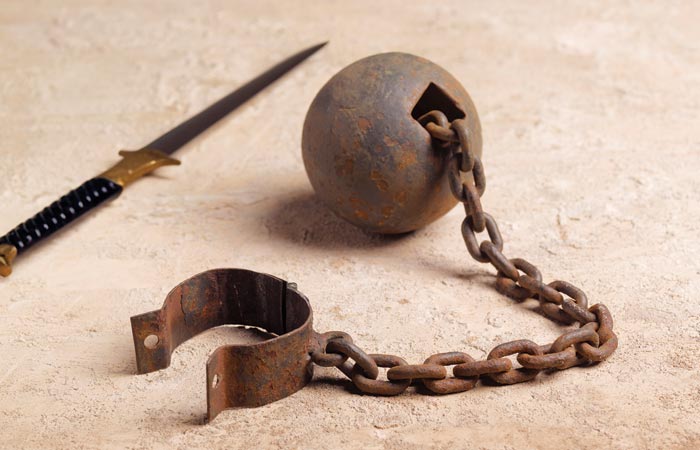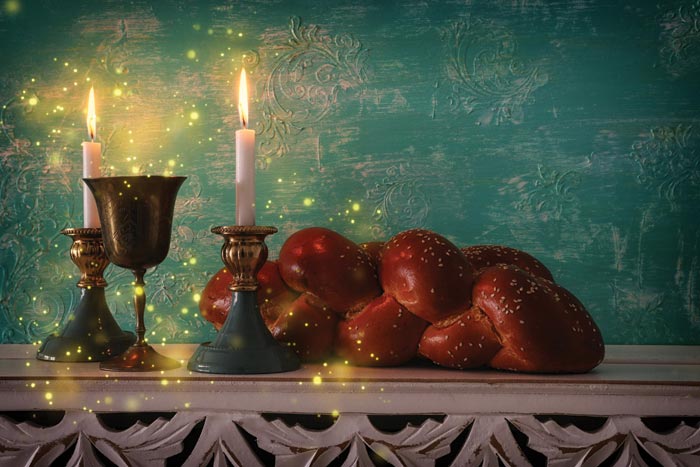In 1894, a young Jewish woman traveled alone from Russia to the United States to marry a man she’d never met and start a homesteader’s life on the stark plains of North Dakota. Just 18 when she arrived, Rachel Calof spent her first four winters living in a 12-by-14-foot hut with her husband’s parents and brother, 22 chickens and a cow. Despite storms and near-starvation, she gave birth to nine children — all of whom survived.
Reading Calof’s memoir some 15 years ago, actress Kate Fuglei kept returning to a fundamental question: How did she do it?
“Why do some people thrive and others don’t?” Fuglei recalled wondering. “Where does this resilience come from?”
That’s a topic Fuglei and her husband, playwright Ken LaZebnik, along with director Ellen Pressman — all Studio City residents — explore in a one-woman show titled “Rachel Calof: A Memoir With Music.” The play, which brings Calof’s harrowing story and fierce wit to life, comes to Los Angeles Nov. 6-7 at the Pico Union Project.
The musical was two decades in the making, sparked in the late 1990s by a quilt show at the Skirball Cultural Center, where a friend of Fuglei was captivated by one of Calof’s creations that was on display. Later, Fuglei picked up the pioneer woman’s memoir and couldn’t put it down. “I started reading and I was literally up until 3 a.m.,” she said. “I had never read a story like this. It was very specific, very honest — it was mind-blowing.”
Calof’s mother died when she was young, and she grew up among abusive relatives. She fell in love with the local butcher’s son, but her family forbade the marriage. Instead, when a photo began floating around her shtetl of a young man in America who needed a wife, Calof’s picture was sent over — and approved. She met her new husband, Abraham, at Ellis Island, and from there they took the train to North Dakota.
She hoped life on the prairie would be better, but it wasn’t what she expected. Calof endured a hardscrabble existence in Devils Lake, sleeping on a straw mat, burning grass for fuel and conducting private acts —such as sex with her husband — mere feet away from her extended family. Yet she worked relentlessly to improve her surroundings, patching cracks in the walls with clay and foraging to scrape together Shabbat meals.
Later, living in St. Paul, Minn., in the 1930s, Calof wrote down her life story in Yiddish on a series of green steno pads. One of her children found the manuscript in a trunk, and had it translated and published in 1995. “Rachel Calof’s Story: Jewish Homesteader on the Northern Plains” is now widely taught in college history courses.
The narrative simmered in Fuglei’s mind over the years, and she knew she wanted to develop it into a theater piece. While on a national tour of the musical “Spring Awakening,” Fuglei got in touch with one of Calof’s grandsons in Seattle, and their meeting spurred her to begin conceptualizing the play. LaZebnik wrote the script, and Pressman, Fuglei’s friend and neighbor, signed on as director.
An early reading of the show at Pepperdine University in 2011 produced crucial feedback — Joyce Aronsohn, a granddaughter of Calof, was in the audience. Although Fuglei had been nervous to perform for Calof’s family, Aronsohn praised the play.
“She captured the essence of my grandmother — she somehow zeroed in on the energy my grandmother had,” said Aronsohn, a psychotherapist who lives in Los Angeles. “At first it sounded outlandish that my grandmother’s book had turned into a musical. But when I saw the depth and the caring that came across from Kate, I was delighted.”
An appearance at the New York International Fringe Festival in 2011 scored the team an invitation to perform in St. Paul the following year. Despite being a day’s drive from Devils Lake, several residents of the town came to see it. Moved by the tale and its local ties, they secured funding from the North Dakota Council on the Arts to bring the show to the place that inspired it. The city of Devils Lake declared the June 2014 weekend “Rachel Calof Days” and residents packed the theater for two nights. Some 65 descendents of Rachel and Abraham Calof came from all over the country for the event.
Calof’s thriving lineage is a testament to her will, Pressman believes. “She had many times where she called out to God and her faith sustained her,” said Pressman, a longtime TV producer and director who worked on episodes of “Hill Street Blues” and “L.A. Law.” “Even though she didn’t come from love, she was determined to make a loving family.”
The show also sheds light on a lesser-known type of Jewish immigrant story. Although it was common for Jews to move to big cities and join tight-knit communities, many others set down roots on the harsh, flat plains of the Midwest.
On a sparsely set stage, Fuglei personifies Calof’s struggles and suffering, but also her sardonic humor — a feature that struck Fuglei while reading her memoir. The music in the show, by composer Leslie Steinweiss, expresses Calof’s inner emotions.
From L.A., the show will move to New York for four performances at the United Solo Theatre Festival, where its creators hope to drum up interest for a longer run in the future.
Pressman marvels at the play having touched and drawn together so many people, much as Calof did during her lifetime and, afterward, through her book. The director recalls one passage in particular from the memoir: When Calof first arrived at the family’s shack, they were out of kerosene and had no light for the Shabbat blessing. So she fashioned crude candles out of mud, rags and butter in order to welcome the Sabbath.
“She literally brought light into this dark place,” Pressman said. “Her message was: Life is a gift, and it’s our job to bring light to our lives and the lives of other people. That’s a message we believe in and want to put out in the world.”






















 More news and opinions than at a Shabbat dinner, right in your inbox.
More news and opinions than at a Shabbat dinner, right in your inbox.